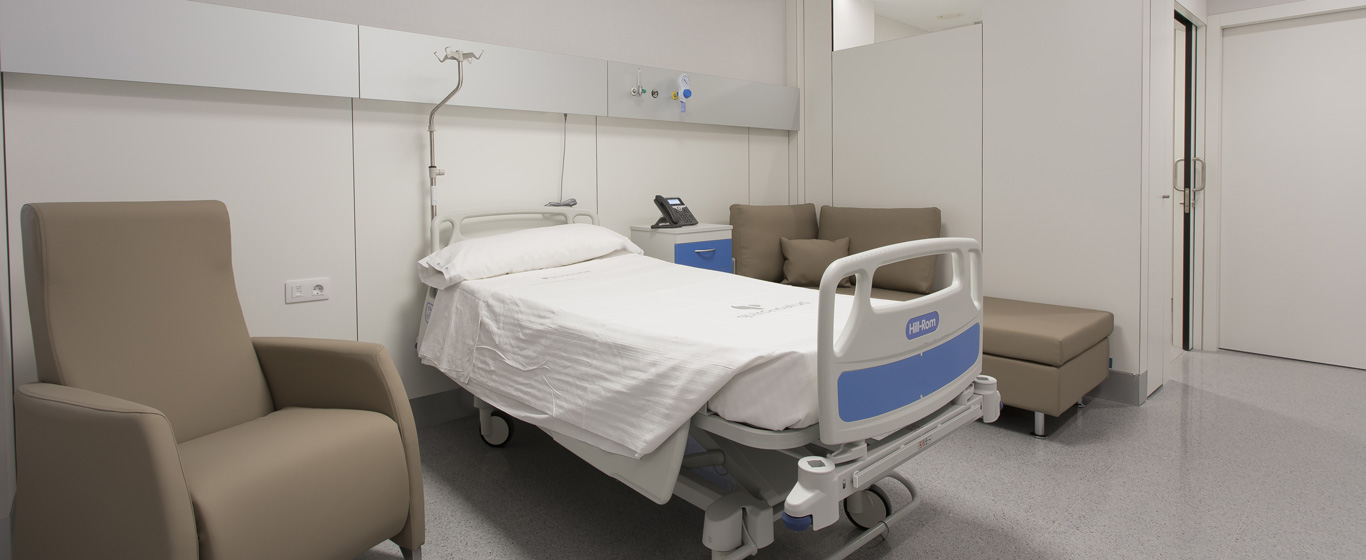Gestational Diabetes
What are the risks of diabetes during pregnancy? Everything about the causes, symptoms, and tips for managing gestational diabetes.
Symptoms and Causes
During pregnancy, many hormones are produced, and some of them can cause insulin resistance. When blood sugar (glucose) levels increase pathologically, gestational diabetes occurs, which disappears once the pregnancy comes to an end. However, routine check-ups are necessary after delivery, as the chances of developing type 2 diabetes increase.
Gestational diabetes must be treated properly, as it poses risks for both the fetus and the mother, although not as high as in cases where the disease is present before pregnancy. In most cases, it is controlled by changing eating habits, and insulin treatments are not required.
Symptoms
The symptoms of gestational diabetes do not differ much from those that appear when there is no pregnancy. The most prominent ones are:
- Increased thirst.
- Increased frequency of urination.
- More hunger than usual.
- Neuropathy: numbness, swelling, or muscle weakness caused by nerve impairment.
Causes
The hormonal imbalance that occurs during pregnancy makes the body have trouble processing glucose in the blood. Still, the reasons why some women develop gestational diabetes and others do not are not yet clear.
Risk Factors
The main factors that increase the risk of developing gestational diabetes are:
- Family history of diabetes.
- Gestational diabetes in previous pregnancies.
- Age over 35.
- Hypertension.
- Overweight.
- Sedentary lifestyle.
Complications
When gestational diabetes is present, the following risks exist:
- Premature birth.
- Cesarean delivery.
- Intrauterine death.
- Fetal distress.
- High birth weight (more than 4 kilograms).
- Preeclampsia.
- Increased likelihood of developing diabetes over time (for both the mother and the baby).
Prevention
Gestational diabetes cannot be prevented. However, it is advisable to adopt healthy lifestyle habits, such as:
- Eating a balanced diet.
- Exercising regularly.
- Maintaining a healthy weight, both before and during pregnancy.
What doctor treats gestational diabetes?
Gestational diabetes can be treated by specialists in gynecology, endocrinology, or family medicine.
Diagnosis
The glucose test is one of the routine exams carried out during pregnancy. In cases of moderate risk for diabetes, it is usually performed between the 24th and 28th weeks of gestation, while if any risk factors are present, it is done earlier.
Known as the O'Sullivan test, it is a glucose exposure exam. The blood glucose levels are compared before and one hour after consuming a solution with a high amount of sugar. If the levels exceed acceptable limits (95 mg/dL fasting and 140 mg/dL after), a second test is conducted in which more sugary product is consumed, and blood glucose levels are checked every hour over a three-hour period. If more than one higher-than-normal result is found, a diagnosis of gestational diabetes is confirmed.
Treatment
To treat diabetes during pregnancy, blood sugar levels must be controlled. Artificial insulin administration is generally not necessary, although some cases may require it. Typically, it is enough to:
- Engage in moderate exercise.
- Follow a diet rich in vegetables and proteins.
- Limit carbohydrate and fat consumption.
When the above measures do not control the condition, pharmacological treatment with basal insulin is required.
Even when blood glucose levels are controlled, it is advisable to have routine check-ups to avoid complications and monitor the health of the fetus and its growth rate.





















































































